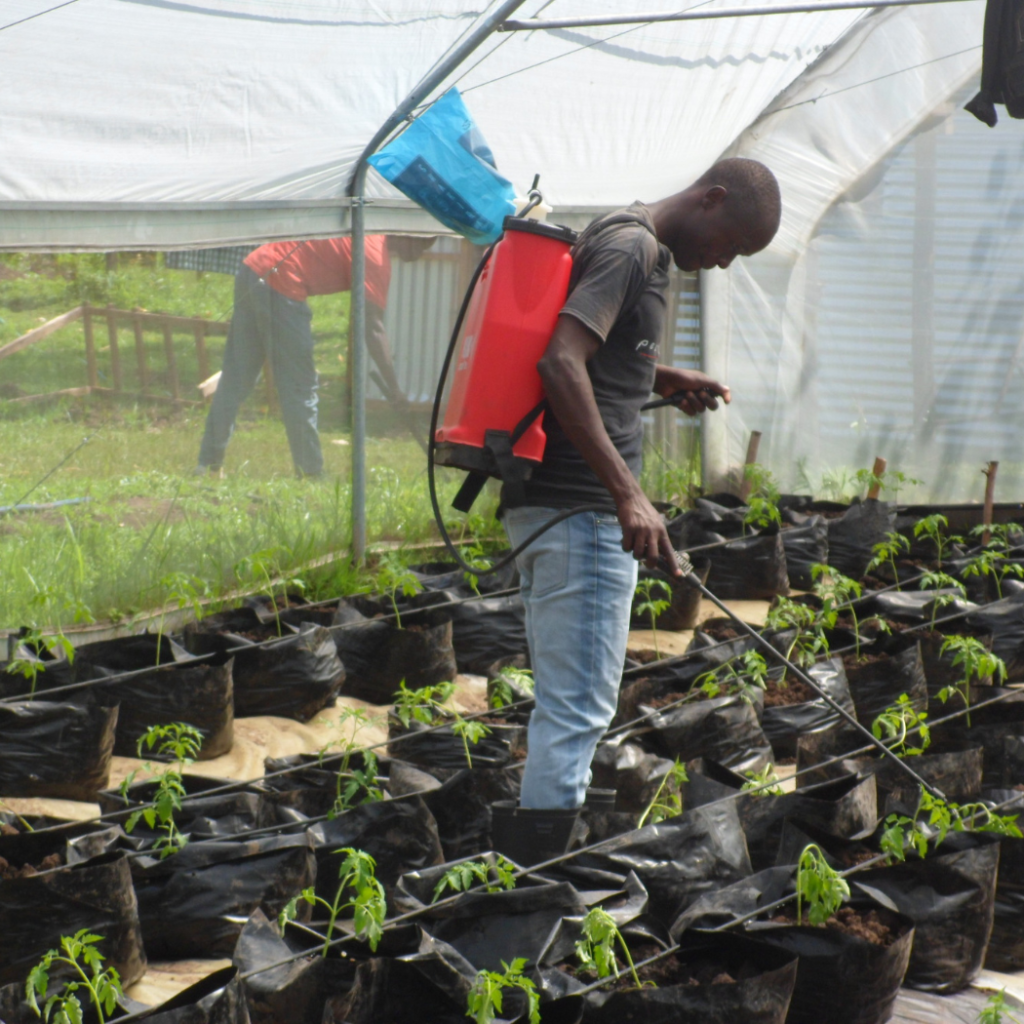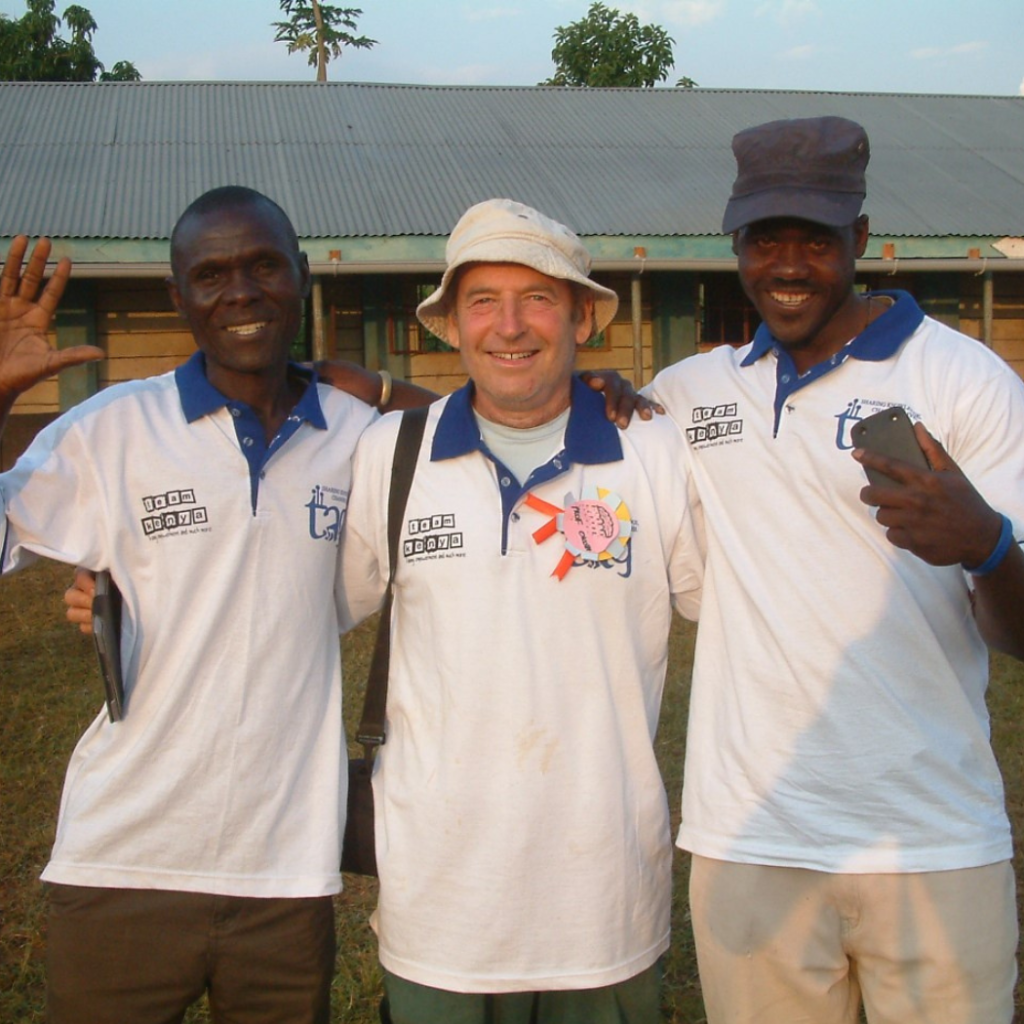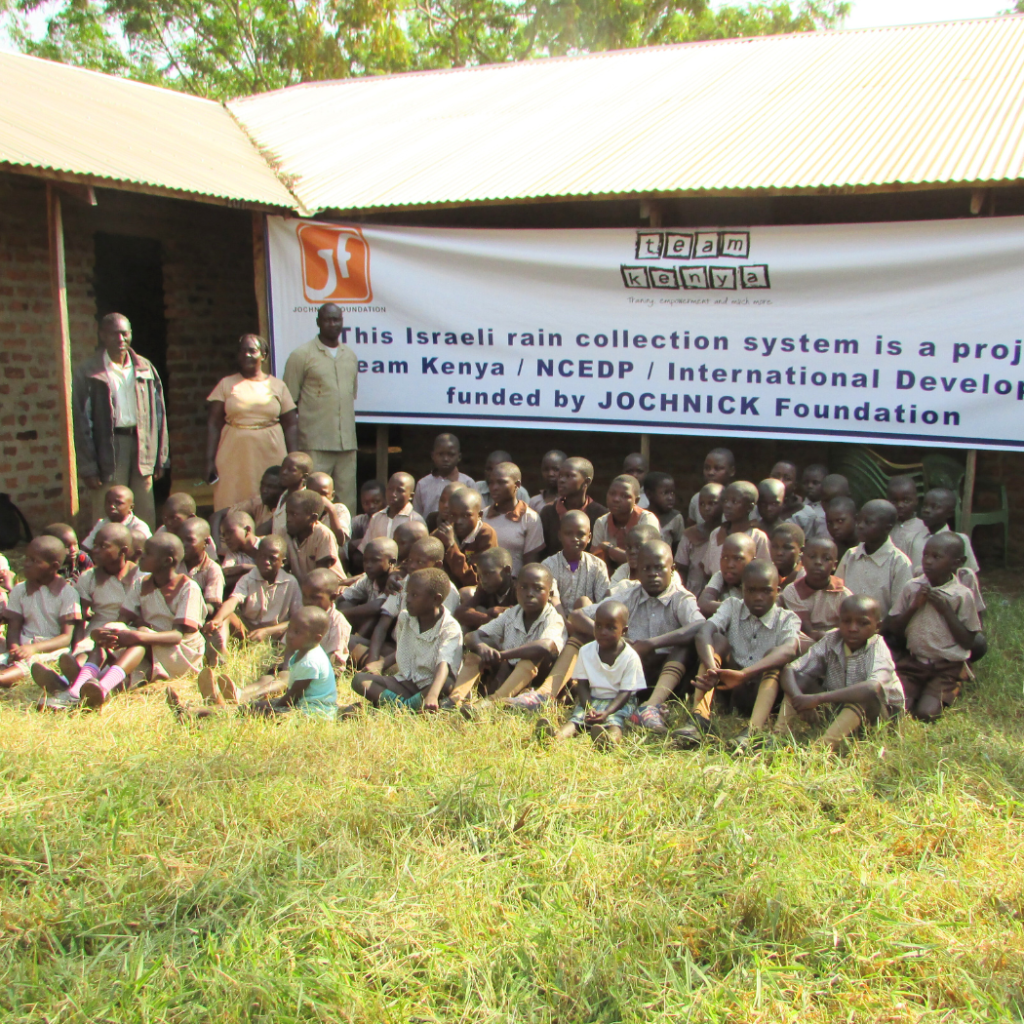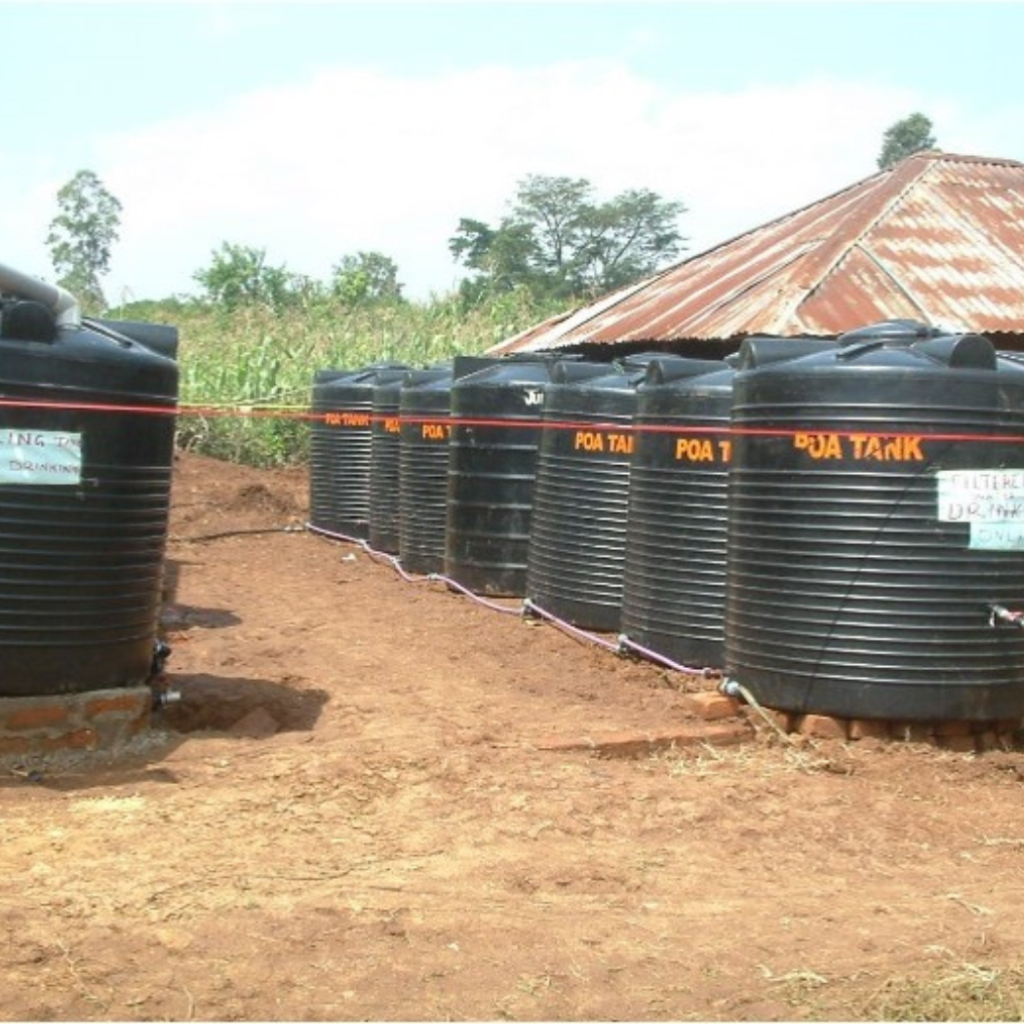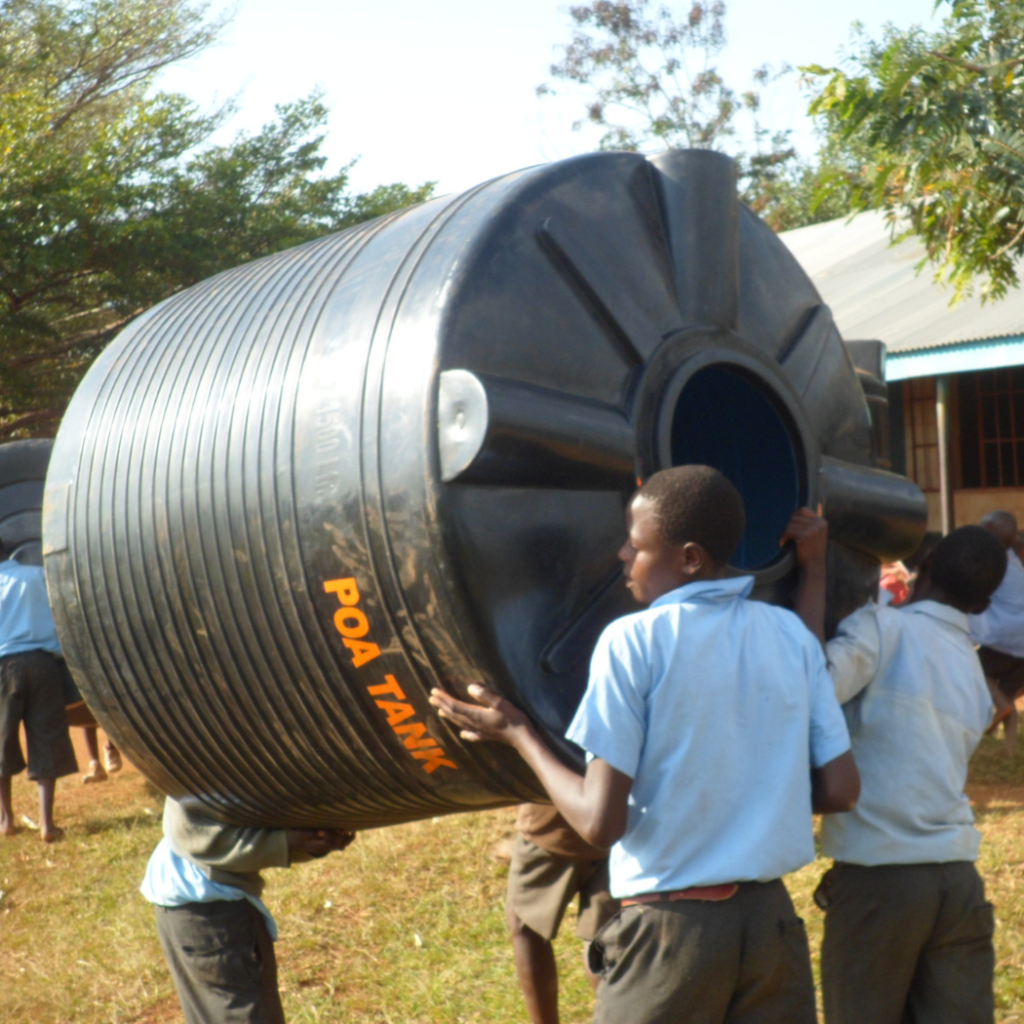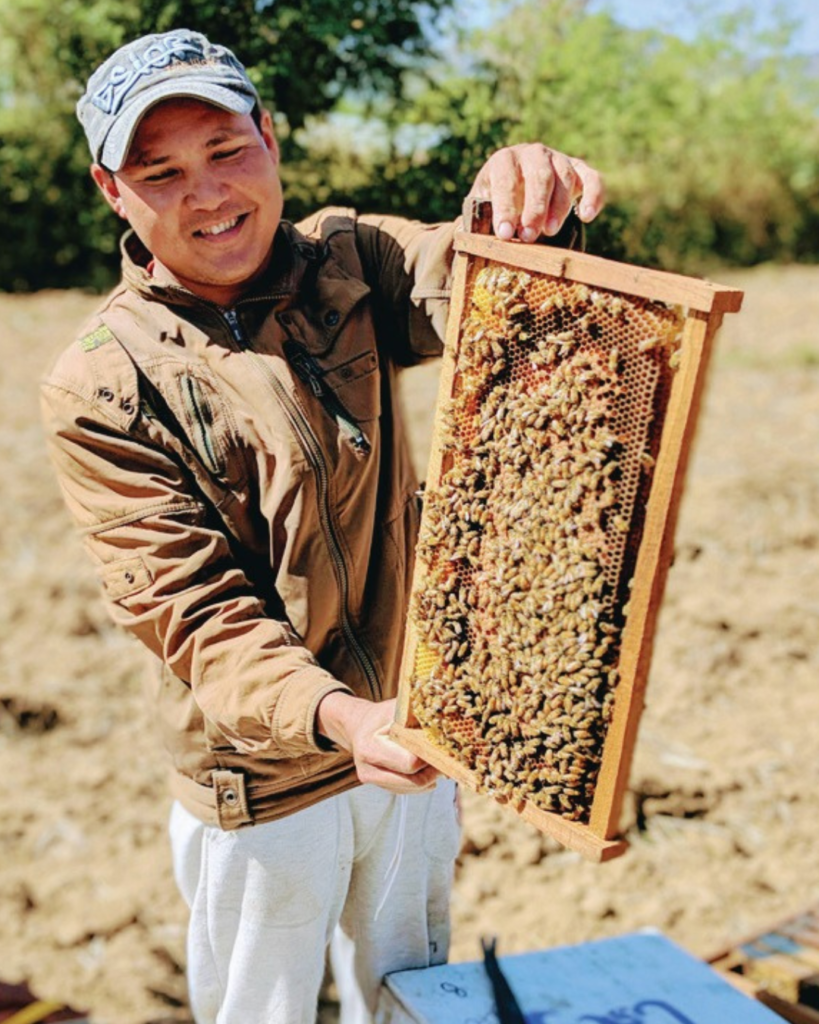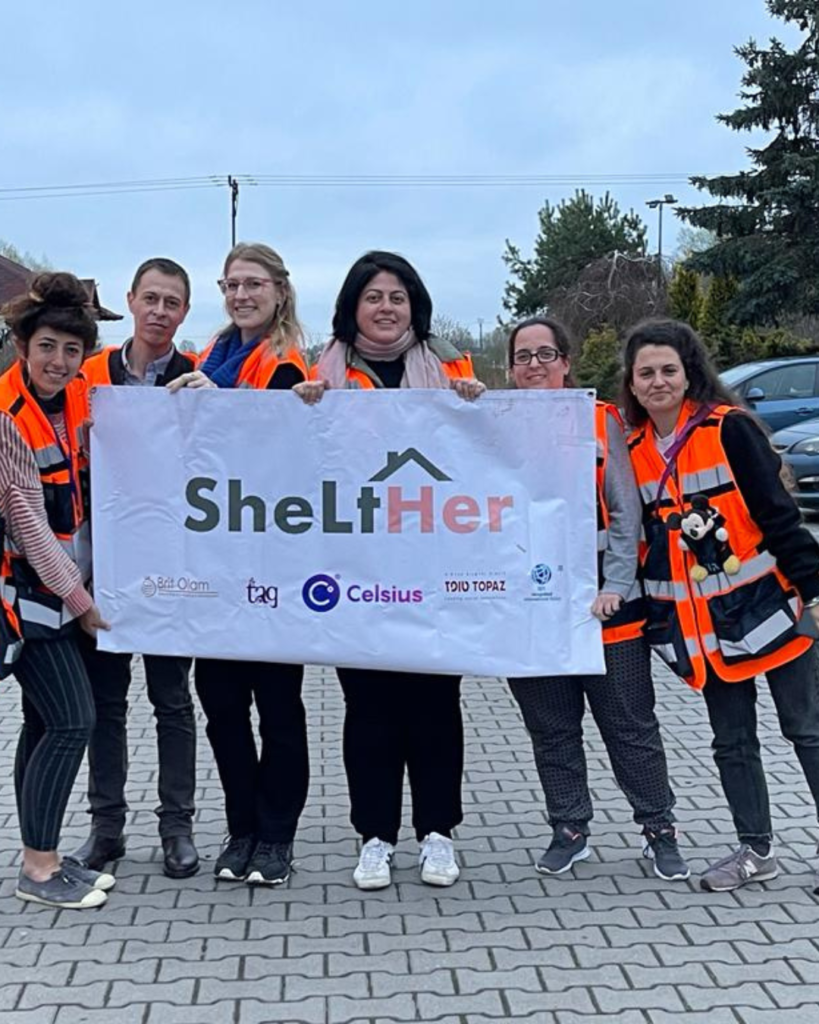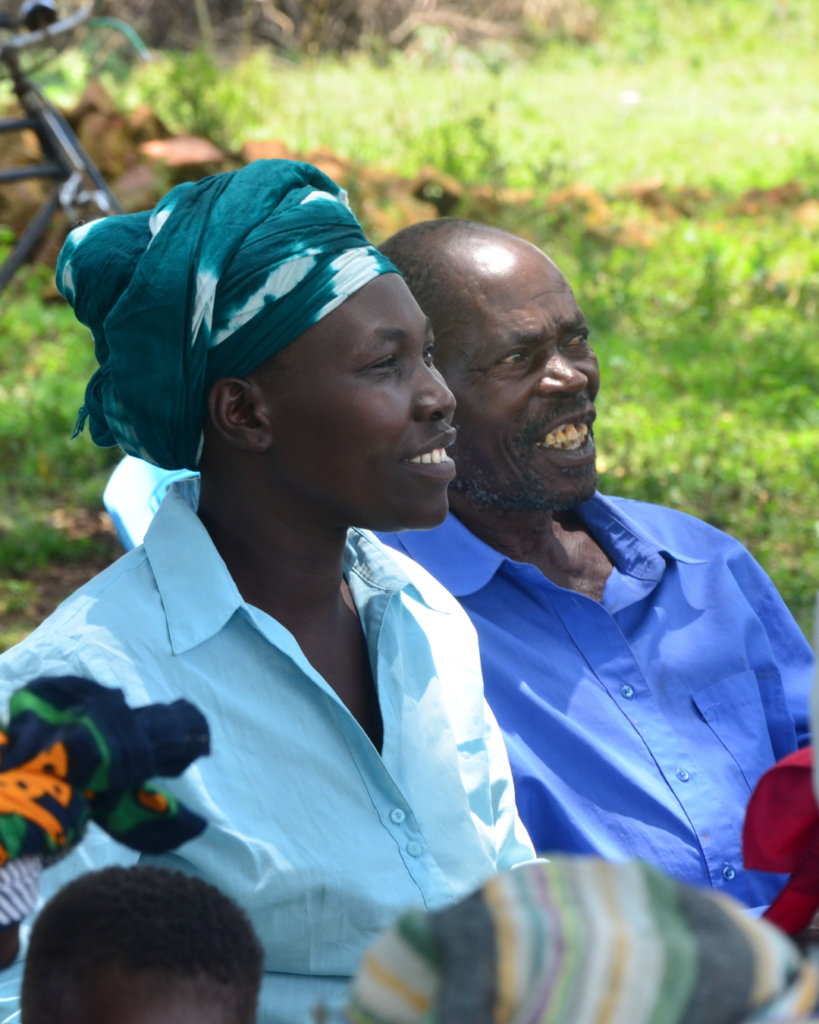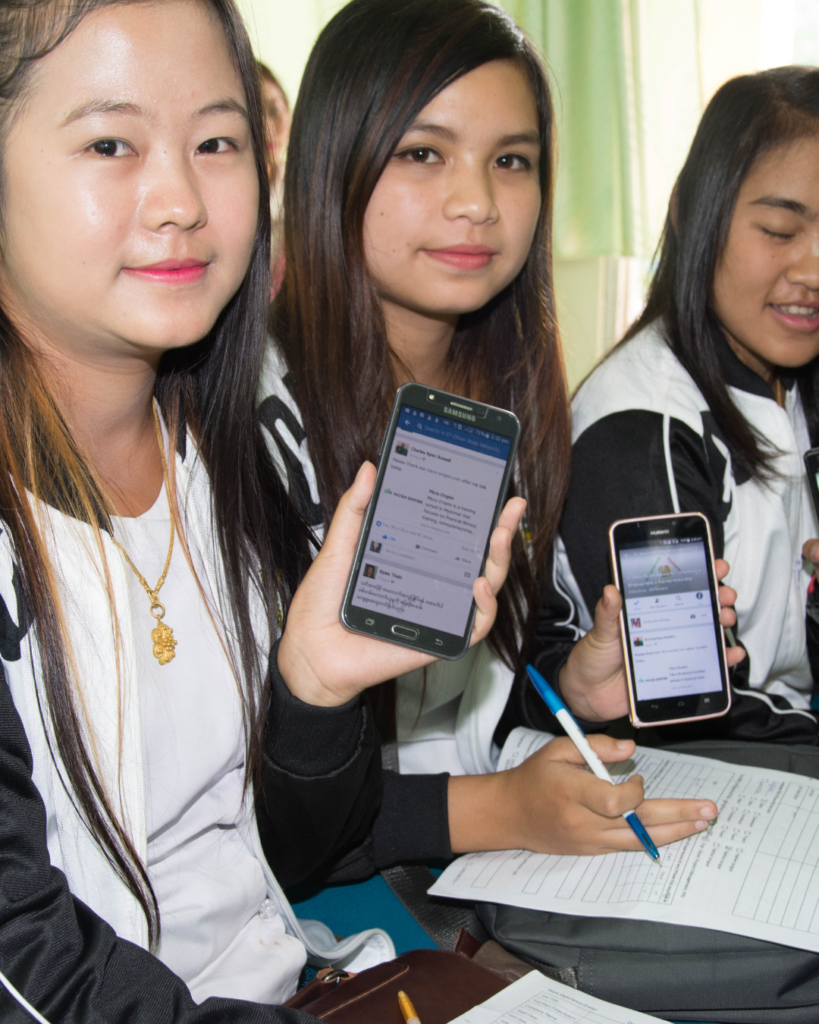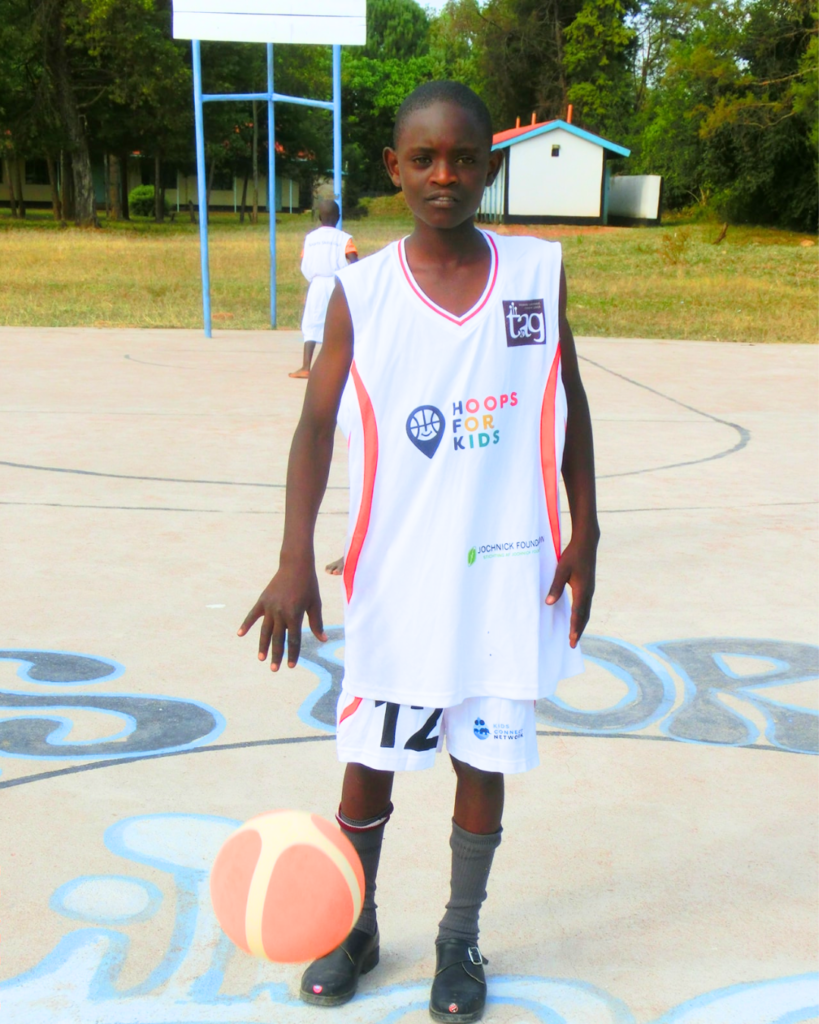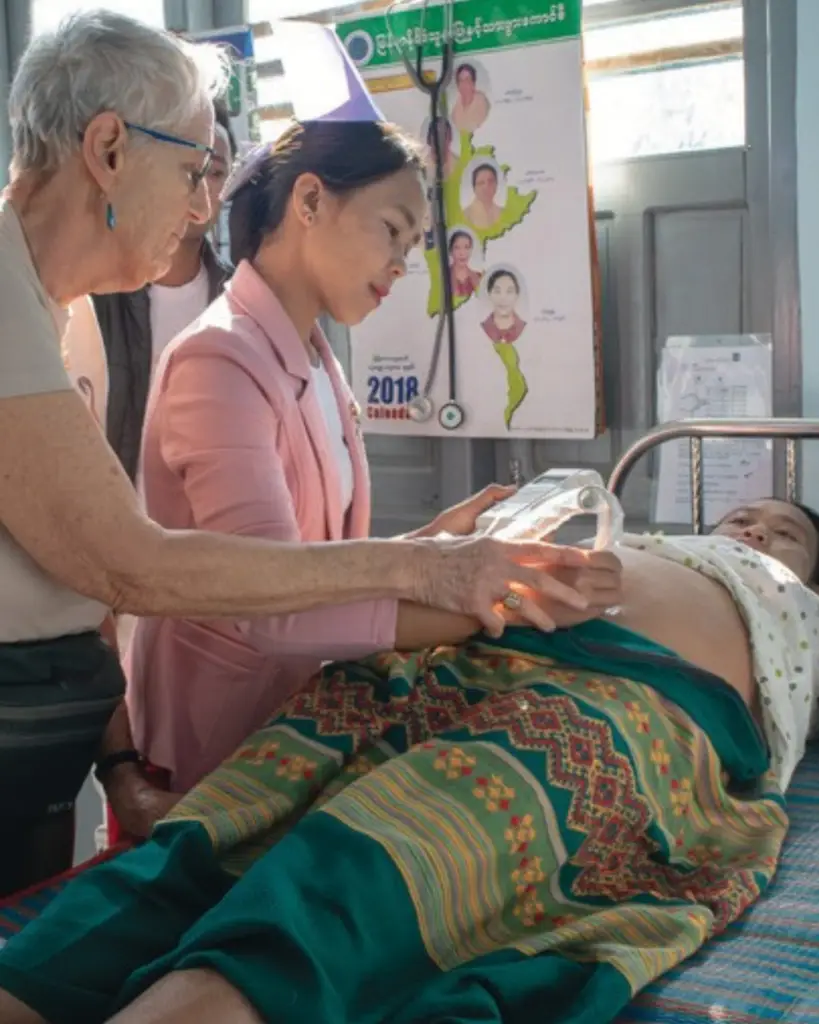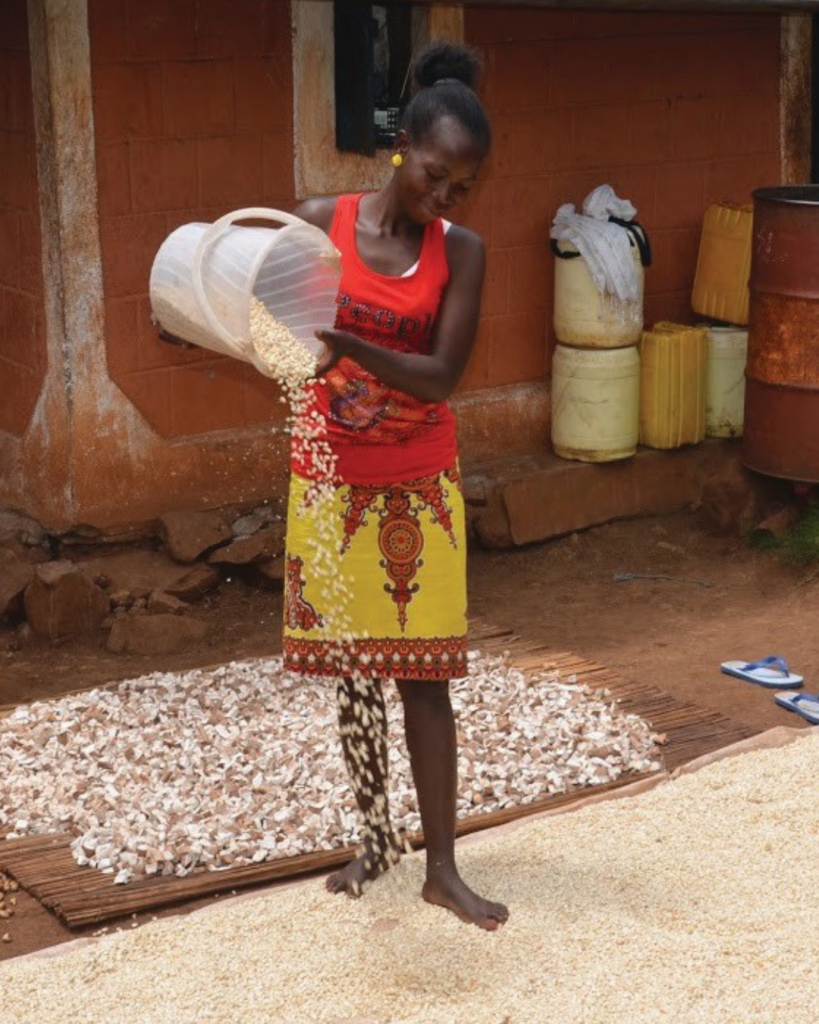Tag leveraged water to improve education for girls in Homa Bay, Lake Victoria region of Kenya. This was a multi-pronged project, approaching the empowerment of girls through a combination of formal education, improved nutrition, enhanced hygiene and psychosocial support. Over a period of several years, the project worked to remove the barriers to girls’ education across four communities and three schools – Arina, Bongu and Koduogo Primaries.
The project was run in partnership with Team Kenya, and in collaboration with Ndhiwa Community Empowerment and Development Project (NCDEP). The initiative was supported by the Jochnick Foundation, and benefit over 5,000 children and adults.
The overall objective is to ensure a physically and emotionally healthy and supportive learning environment for the children, along with improved economic stability for families so that children, especially girls, can complete primary education, continue through secondary education and be able to fulfill their life’s potential.
The project had three focus areas:
Educational— Providing clean water and sanitation facilities to enable a physically supportive learning environment, as well as improving food access in the schools.
Gender—Sharing tools to reduce Gender Based Violence and empower victims.
Economic—Increasing the income of farmers in the community to reduce the pressure on the girls to leave school early.
Rainwater harvesting
We installed pioneering Israeli rainwater harvesting, filtration and storage systems in each school, to provide clean and safe water for drinking, hygiene, and sanitation. The students and teachers played a full part in every step of the way and were trained in their management and maintenance, to ensure a sustainable impact.
Lack of clean water and basic sanitation in schools keeps many girls away for a week each month during menstruation. They fall behind in their studies and lose motivation to continue. This, in turn, leaves them vulnerable to early marriage, teenage pregnancy, sexual abuse and gender-based violence.
School feeding program
A school feeding program was launched in all three schools to ensure the most vulnerable children are given lunch. Each school was assisted in starting their own farm (see below), which provides food and income to maintain the school feeding program in a sustainable manner, whilst also teaching the children about farming. The farms also aimed to generate income to allow poorer children to attend school, and to provide them with school uniforms and books.
School farms
We established a model horticulture plot, a greenhouse and a poultry farm to demonstrate agricultural innovation for the schools and the neighboring communities. We helped establish a revolving fund loan mechanism to families with school-age girls to provide access to affordable agricultural inputs.
The model farms introduced new agricultural technologies and mechanisms – such as drip irrigation. Farming and business training was also provided to local farmers at the demonstration farm, to maximize knowledge sharing and income generation.
Girls empowerment
The project included a focus on reducing gender-based violence and providing emotional support to victims and traumatized girls and women. We worked with the schools, girls mentoring groups, local authority services, and a range of other stakeholders to ensure that schools are safe places for girls and young women. We introduced approaches and therapies to detect, mitigate and treat gender-based violence.
We shall develop a local cadre of women leaders to create awareness in the community and capacities for early detection and develop local support networks to affect grass-roots change in attitudes in this area. We also worked with the school to strengthen messaging around hygiene and sanitation, along with providing soap and other means of enhancing girls’ health.





